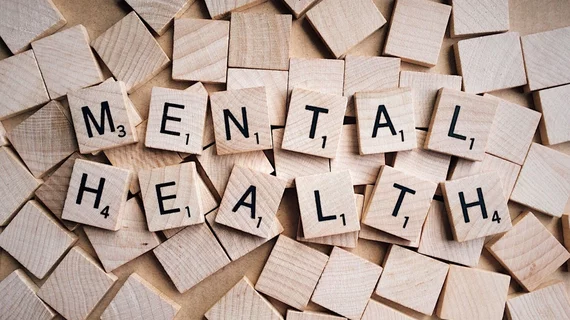Radiologic technologists suffering from lower morale, happiness during pandemic
Radiologic technologists are suffering emotional damage from the COVID-19 crisis, reporting lower morale and happiness levels compared to the days before the pandemic hit, according to a new survey.
More than 200 imaging staff working at hospitals across Turkey responded to a voluntary online questionnaire gauging their opinions, experience, protective strategies, and knowledge of COVID-19.
Responses also revealed that technologists have a better understanding of the novel virus itself—including symptoms, diagnoses, and causes—rather than familiarity with its treatment and recovery aspects.
“These findings seem to be in accordance with the proposed sources of distress related to the psychological response of healthcare workers to an epidemic of infectious diseases that include feelings of vulnerability or loss of control, and concerns and perception of danger about health of self, … changes in work, and being isolated,” Nuran Akyurt, with Marmara University’s Department of Medical Imaging Techniques in Istanbul, wrote Nov. 22 in the European Journal of Radiology.
In addition to sociodemographic and work-related questions, the authors performed a literature review and created customized COVID-19 questions with answers based on a five-point Likert scale.
Responses indicated favorable conditions among technologists, with low rates of infection reported in family members and respondents themselves. They also indicated in-depth awareness of COVID imaging techniques and facility-specific safety plans.
Akyurt noted that the psychological impact of the novel virus varies by country. In Turkey, he wrote, the virus arrived late and leadership quickly took action, providing ICU capacity while avoiding personal protective equipment shortages.
“Accordingly, our findings emphasize the crucial role of advanced training on COVID-19 outbreak and related protective measures among radiology technicians, " Akyurt wrote, adding additional support is required for the "provision of specialized mental healthcare to radiology technicians working [on the] front line with COVID-19 patients, tailored to highly vulnerable groups to improve their health, safety, and job-satisfaction during the COVID-19 pandemic.”

